Citroën India Claims to Enter Mass Market EV Space by 2022
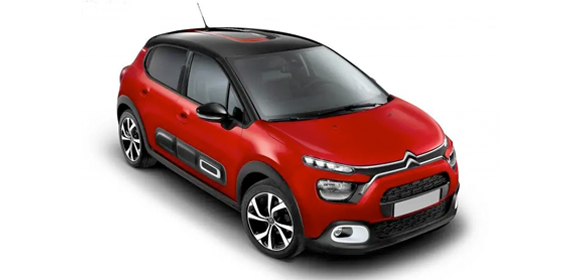
Groupe PSA has stated previously that Citroën will be its primary brand in India and is planning to focus on cleaner fuel including electric powertrain SUVs to carve a space for itself in the highly competitive Indian passenger vehicle market.
Further entrenching the Citroën brand into the India market, it was announced on October 12 by Groupe PSA that a mass market small electric SUV codenamed eCC21, which is likely to be priced around Rs 8 lakh (just under $11,000 USD) is expected to be on India’s roads in 2022. The media in India is reporting that it will be an electric version of the soon to be introduced small-size Citroën CC21 (most likely similar to today’s C3), but given the under $11,000 US anticipated price, we wonder if it won’t be the Ami 100% Electric or some close variant?
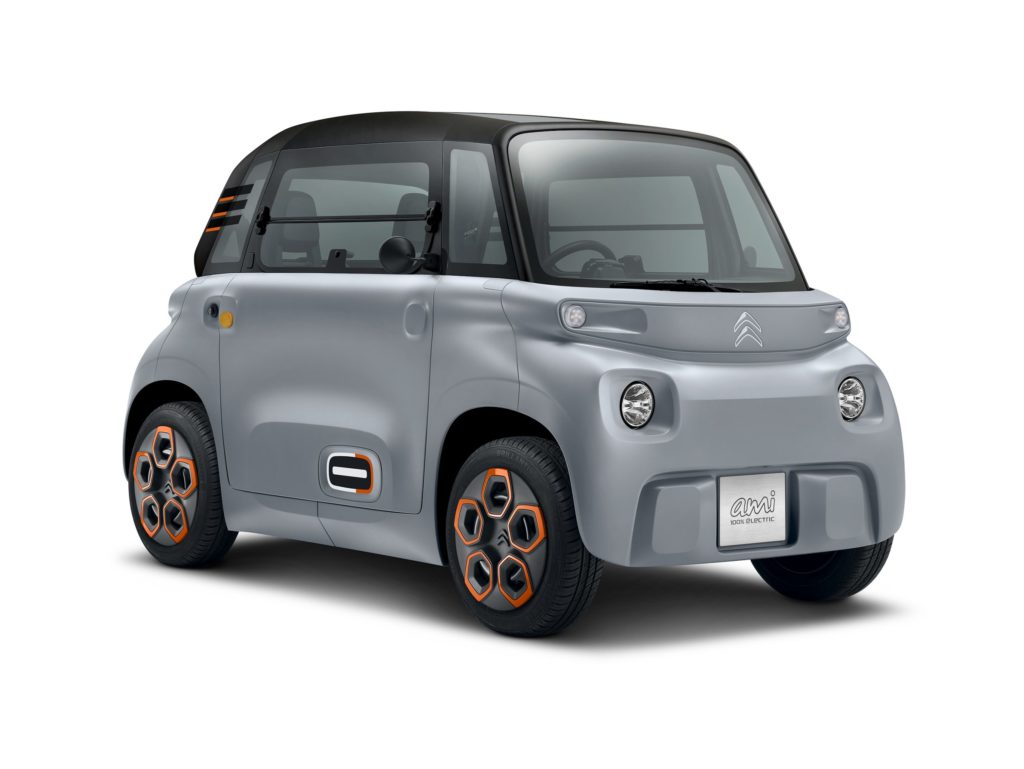
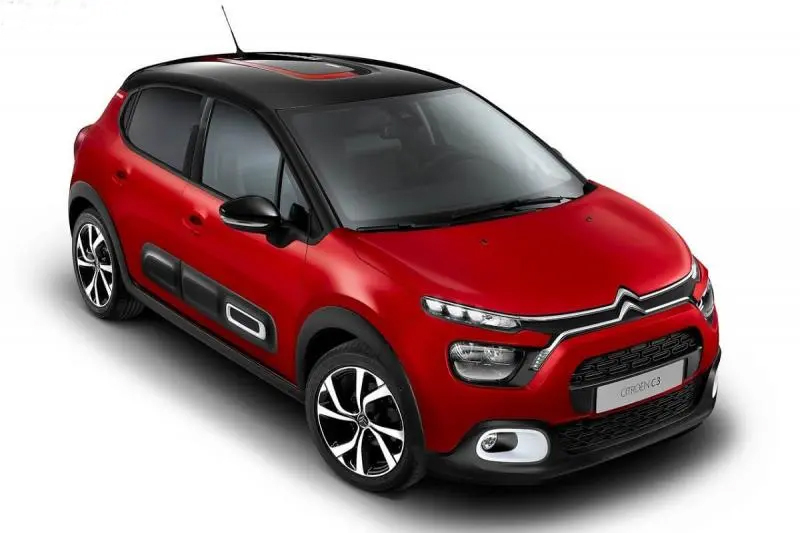
Citroën missed an opportunity in the Chinese market back in the mid-1990s, when they had the opportunity to introduce a low cost economy car and decided to pass. At that time, Chrysler tried to knock off the 2CV with their CCV (composite concept vehicle) to tackle the Asian market. (We featured it in articles in Citroënvie back in the Spring 2008 and Summer 2008 issues). The CCV was a concept that was innovative but so basic that Chrysler did not proceed with the project as they felt that China’s burgeoning prosperity at the time (1996) meant that soon those with income for an automobile would desire for something more upscale. Without a such vehicle in that market segment at the time, its hard to say if a CCV type model would have succeeded in China.
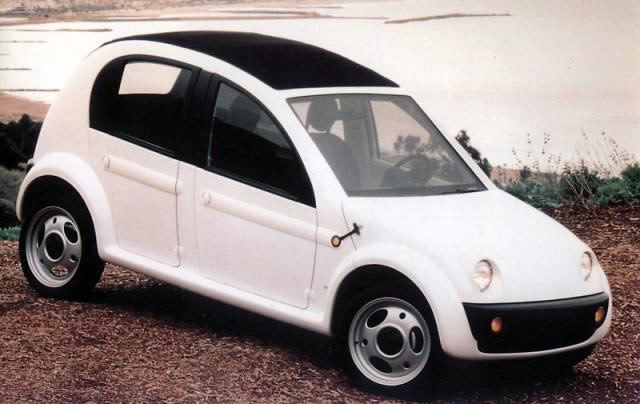
The time may be right to evoke a similar strategy in India as economy vehicle demand is projected to grow substantially. If Citroën wants to focus on offering a small inexpensive car, the Ami One or a stretched variant with 4 doors, (like the CCV) would make sense, albeit with a power offering that would enable it to travel above 60 km/hr. By marketing it as alternative transportation and a cool lifestyle trend all it’s own, they could potentially carve out quite a niche in India.
For now though Citroën is saying that the CC21 SUV and it will be followed by a compact SUV, CC24 in 2022, and a compact sedan the following year, to challenge the next size up-scale model range from competitors that includes the Maruti Suzuki Vitara Brezza and the Hyundai Venue.
The Citroën eCC21 will ride on Groupe PSA’s CMP and eCMP platforms respectively. Groupe PSA has co-developed them with its Chinese partner Dongfeng Motor Company Limited. The eCMP platform currently underpins the Peugeot e-208, the Peugeot e-2008, the DS 3 Crossback E-Tense and the Opel Corsa-e. These e-CMP platform cars share a 50 kWh Lithium-ion battery pack and a 100 kW electric motor. Their WLTP ranges are 340 km, 310 km, 320 km and 330 km respectively, but expect a much smaller battery pack and configuration to meet the Indian market’s price expectation.
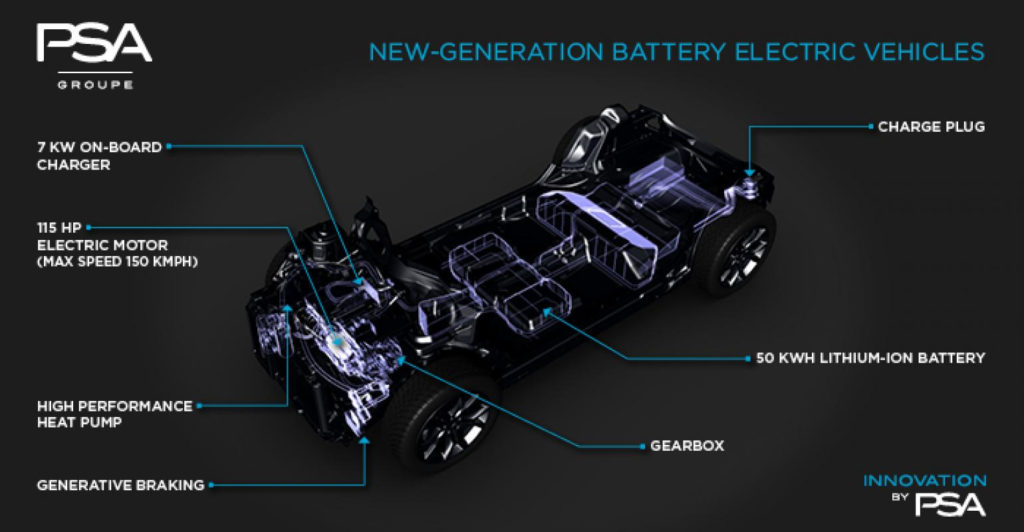
Both the CC21 and eCC21will be produced out of the Thiruvallur facility in Tamil Nadu that Groupe PSA acquired from the CK Birla Group company Hindustan Motors.
If Citroën can get the eCC21 out on time, it would beat to market Hyundai who plan to introduce a new car to India under the Korean company’s Smart EV project. If it based on the C3, it will compete with the existing Mahindra E-KUV-100 as well as Tata Motors’ HBX small SUV and Renault’s Kwid EV which are likely to come with electric powertrains in the next 12-24 months. Maruti Suzuki also has plans for WagonR EV, which is under development, however its launch has been deferred. Toyota is likely to share the same WagonR EV.
Before the Citroën EVs appear, a top of the line premium mid-size SUV, the C5 Aircross, will be launched in 2021, followed by a flexi-fuel small SUV in the second half of 2021 that is compatible to run on a 1.2-litre petrol engine with ethanol blends starting from 27% to entirely on the biofuel. The government is pushing the industry to move towards biofuels as the country tries to reduce its fuel import bill. This small SUV may give the company a first-to-market advantage in the flexi-fuel space in India.

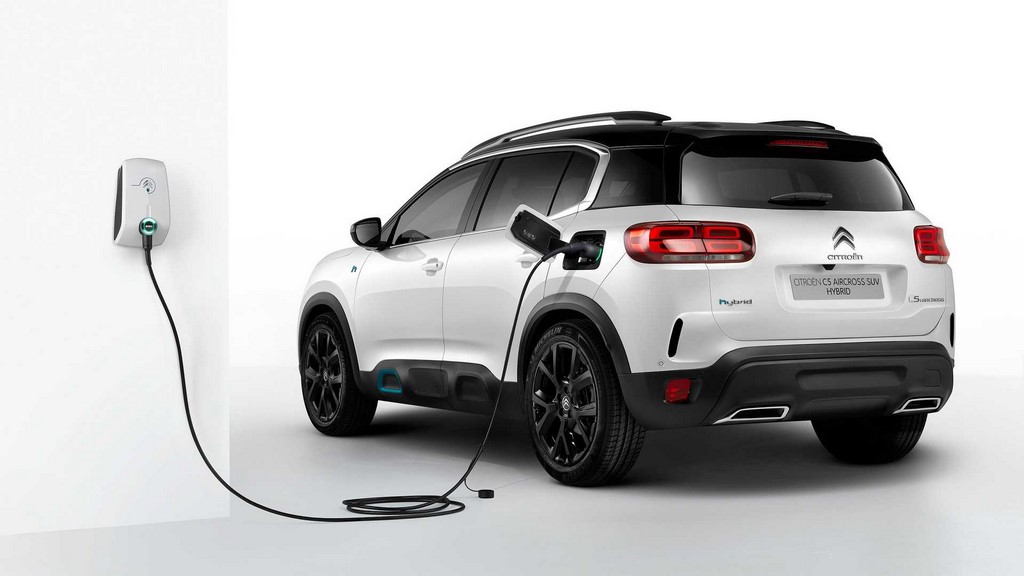
According to Citroën India sources, it has set itself a very modest India sales target of 3,000 units per annum for its electric vehicles.
The company believes the Indian market is currently is on its way towards recovery from Covid-19, as it can be seen, by the auto industry numbers for August and September 2020, that they are looking much better than the figures from June and July.
According to Citroën India sources, it has set itself a very modest India sales target of 3,000 units per annum for its electric vehicles.
